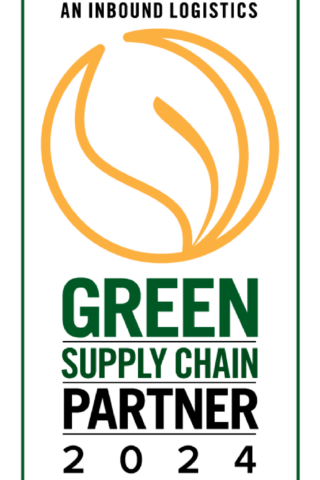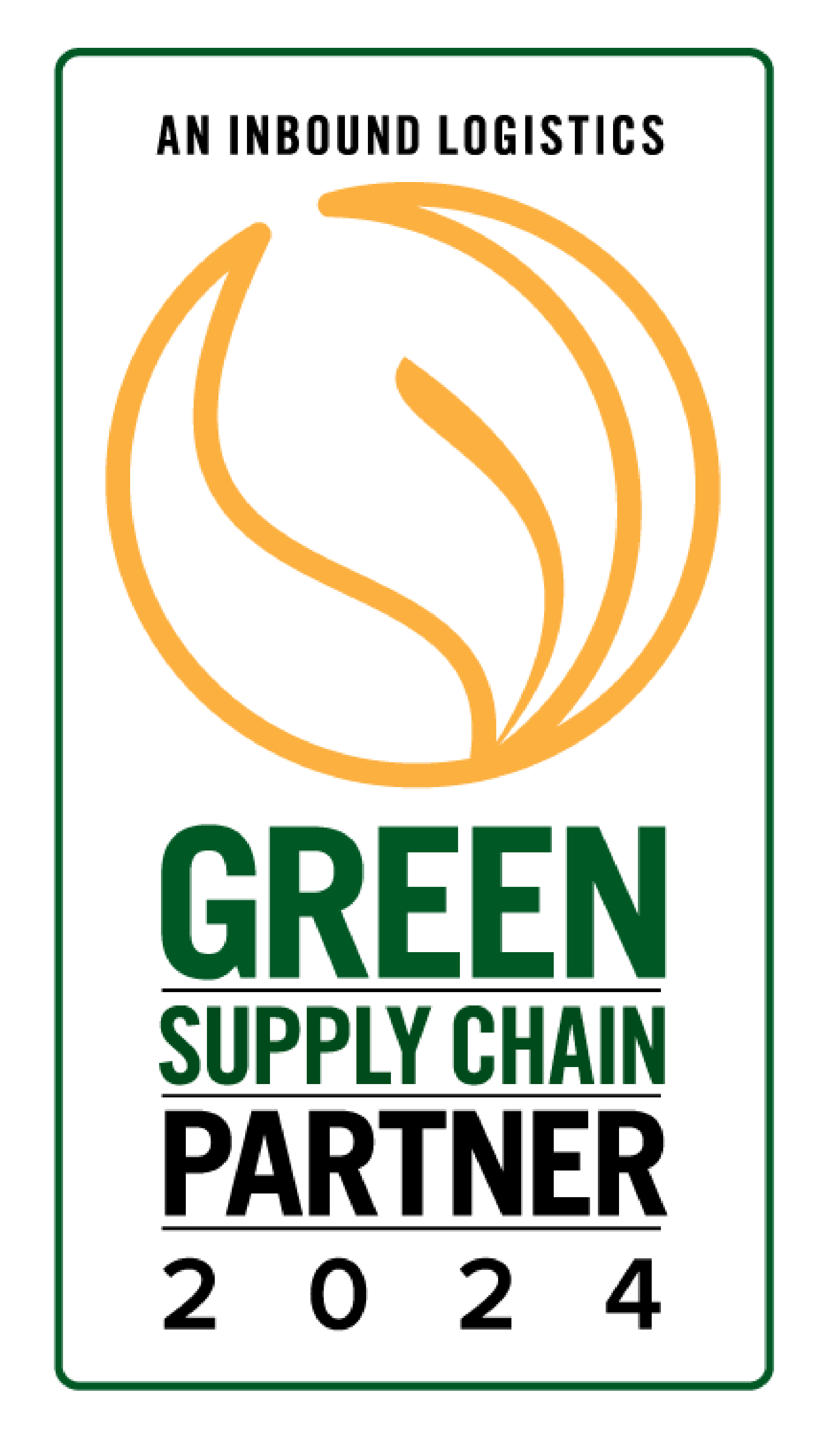Welcome to the language of today’s supply chain. What do terms like ESG, Sustainability, Corporate Social Responsibility, Circular Economy, and Going Green mean for members of the final mile industry? And how can individual logistics carriers make the most of these emerging trends? That was the topic explored by a panel of CLDA (Customized Logistics and Delivery Association) members from key sustainability related fields at the Final Mile Forum.
Organizing their discussion around the traditional SWOT analysis (strengths, weaknesses, opportunities and threats), the panel looked at the escalating role that sustainability will play in the logistics space.
Setting the Context
The final-mile industry will be affected by two major trends over the next decade: a shift by retailers and other shippers towards companies involved with ESG (environment, social and governance) and the global transition among manufacturers toward a circular economy. The panel kicked off with some definitions of these terms.
The term ESG is the latest buzzword in the evolution of corporate social responsibility. Investment firms are shifting billions of dollars of investor funds away from fossil fuels and towards companies that practice sustainability. They are looking for ways to invest in companies that:
- Measure and minimize their impact on the environment (E)
- Operate under strong codes of social ethics around gender equality, diversity and inclusion in their work force and communities (S)
- Have strong policies in place around fair and equal pay, employee rights and executive compensation (G).
Shippers and retailers will be coming under increased pressure from their stockholders and customers to demonstrate their commitment to ESG principles. That will mean they will be looking for final-mile providers that can help them achieve their ESG goals. Many are developing standards or scorecards for their supply chain partners that require them to document their progress toward these values. For example, they may require a last-mile provider to report on emissions avoided through their use of electric vehicles. That’s because these shippers could count those benefits toward their own net-zero goals.
The term “circular economy” refers to the shift away from the traditional linear “take, make, waste” approach of mining virgin materials, manufacturing products for a single use and disposing of them. In a circular economy, goods are produced in a way that enables reuse and recycling of materials that will be fed back into the supply chain. For example, many final-mile providers that deliver large goods such as furniture are commonly stuck with disposal fees for the single-use packaging discarded after installation. A circular model would enable the recovery and return of that packaging for multiple uses.
In these larger contexts, “going green” takes on a new meaning. It can refer to first/final mile providers switching their office to renewable energy or transitioning to electric vehicles (EVs). It can include looking at the ratio of independent contractors to employees or having policies in place to address gender equality or racial diversity. Sustainability is not just about lowering one’s carbon footprint. It can also mean increasing one’s community impact.
Weighing the Factors
The panel translated the traditional SWOT analysis into a format that applies to this transition:
- Strengths = Reasons for moving towards sustainable business practices
- Weaknesses = Barriers that could get in the way of this transition
- Threats = Consequences of not making the transition
- Opportunities = Rewards for moving in this direction.
Reasons for making the move – The panel discussed the benefits to first/final mile carriers of moving toward sustainable business practices, which may include lower operating costs. These would be especially true for those carriers that begin using electric vehicles (EVs). As an added benefit, EVs generate more data, which can help improve efficiency, lower costs and be used as a selling point with shippers that need to meet their own net-zero goals or ESG benchmarks.
Barriers to entry – Carriers considering a transition to EVs may encounter some barriers. They will need to persuade or incentivize their independent contractors to make the switch. For fleet owners, it will mean a substantial upfront cost. There is also the matter of installing charging stations. Those that rent facilities will need to get landlord buy-in to the cost of installing those facilities. Another consideration is whether the local electric grid could handle the load of several EVs charging at once. In addition, there is currently a shortage of these vehicles. Right now, most commercial EV makers have sold out of their initial production runs.
Consequences of not making the move – What happens if logistics providers don’t make the transition to sustainable business practices? They could lose drivers. Rideshare companies are competing for drivers that have EVs because an increasing share of the market is demanding this. Shippers may develop their own sustainable fleets and bypass final-mile providers that are slow to transition. Retailers that are ESG-driven will rate and reward providers that meet their criteria for sustainability and drop those that don’t. Unpredictable fuel costs and ever-changing regulations may drive up the cost of doing business the old way. Customers may move their business to other providers that address environmental, social or governance issues.
Rewards for the transition – The rewards of embracing a transition to sustainability and ESG values will compound over time. Progressive carriers will attract forward-thinking drivers, team members and customers. ESG-oriented retailers and other shippers will want to do business with them. Carriers will run their companies more efficiently and enhance their standing in their communities. And a carrier that transitions to EVs capable of vehicle-to-grid charging will actually be helping to stabilize the local grid as part of a distributed energy network.
Next Steps
The CLDA is becoming more involved in helping its members tackle the issues involved in ESG. The Diversity & Inclusion Committee introduced members to a cost-effective way to train their team members to create a more inclusive workplace through an on-line training course.
For more information or to find out how to get involved with the CLDA, please contact us.








